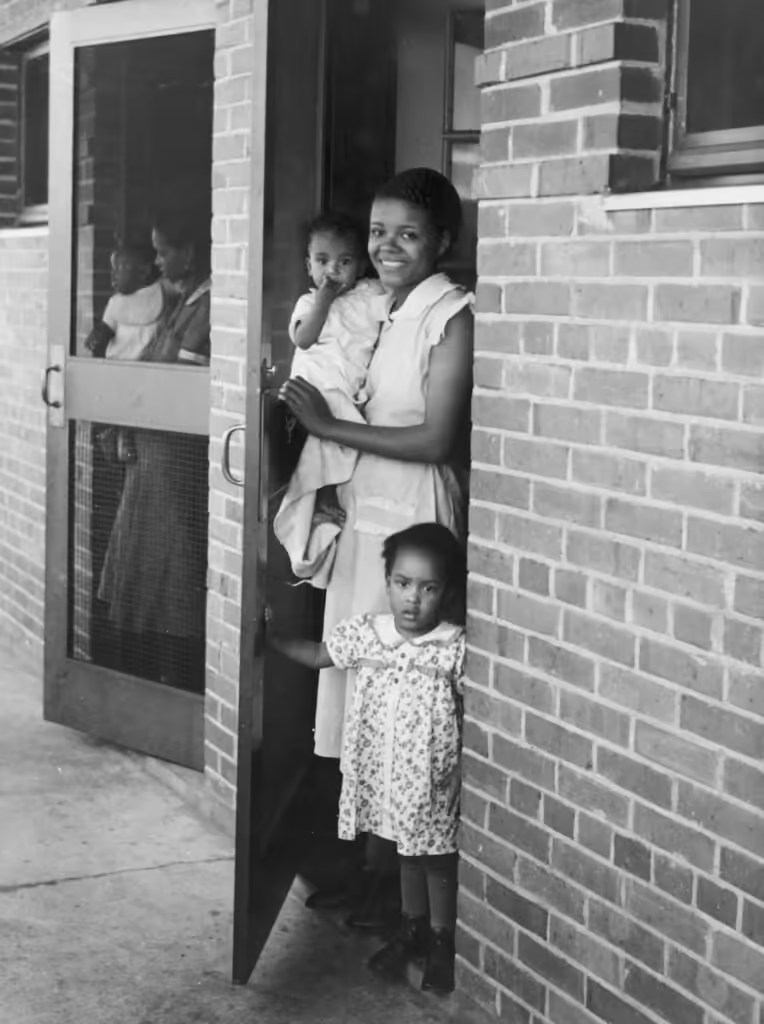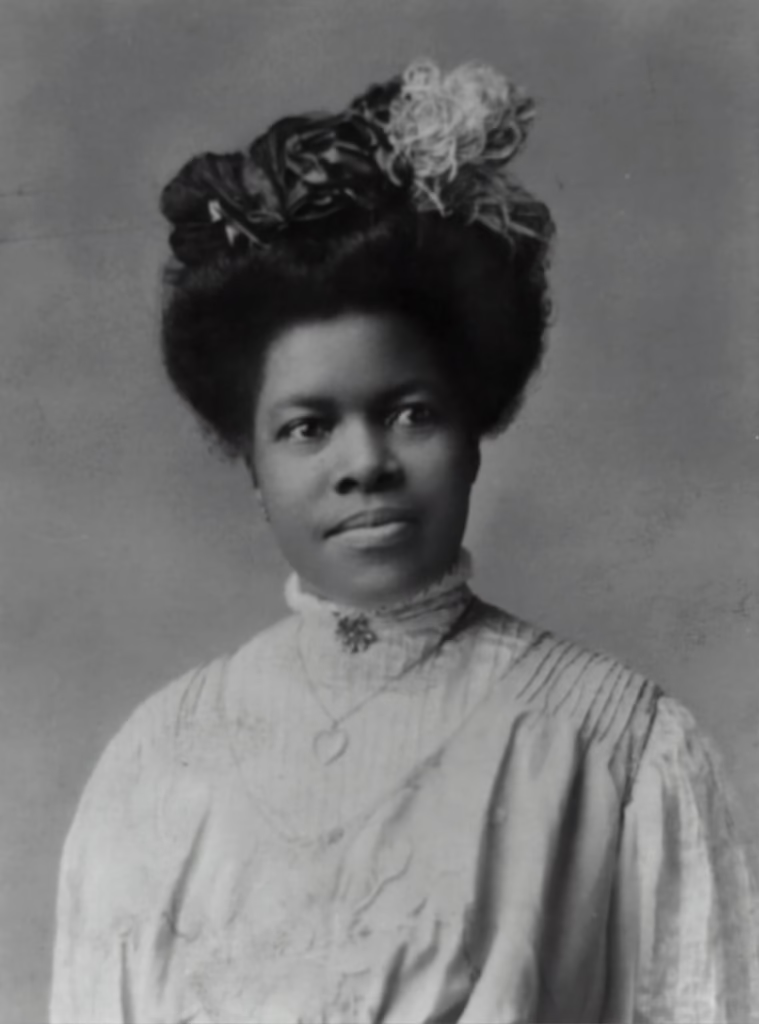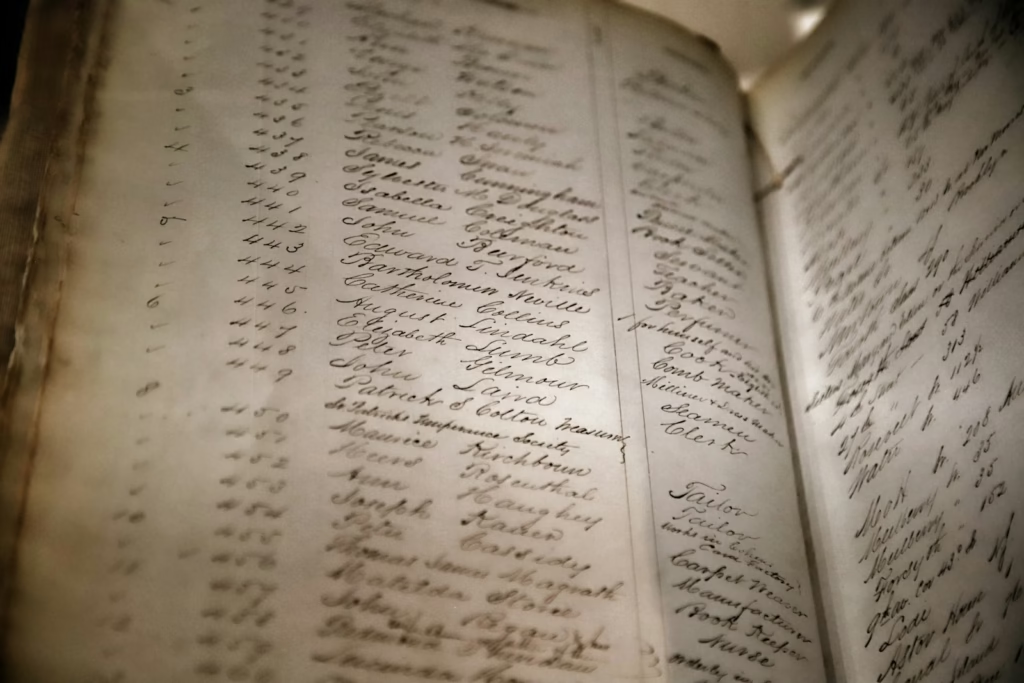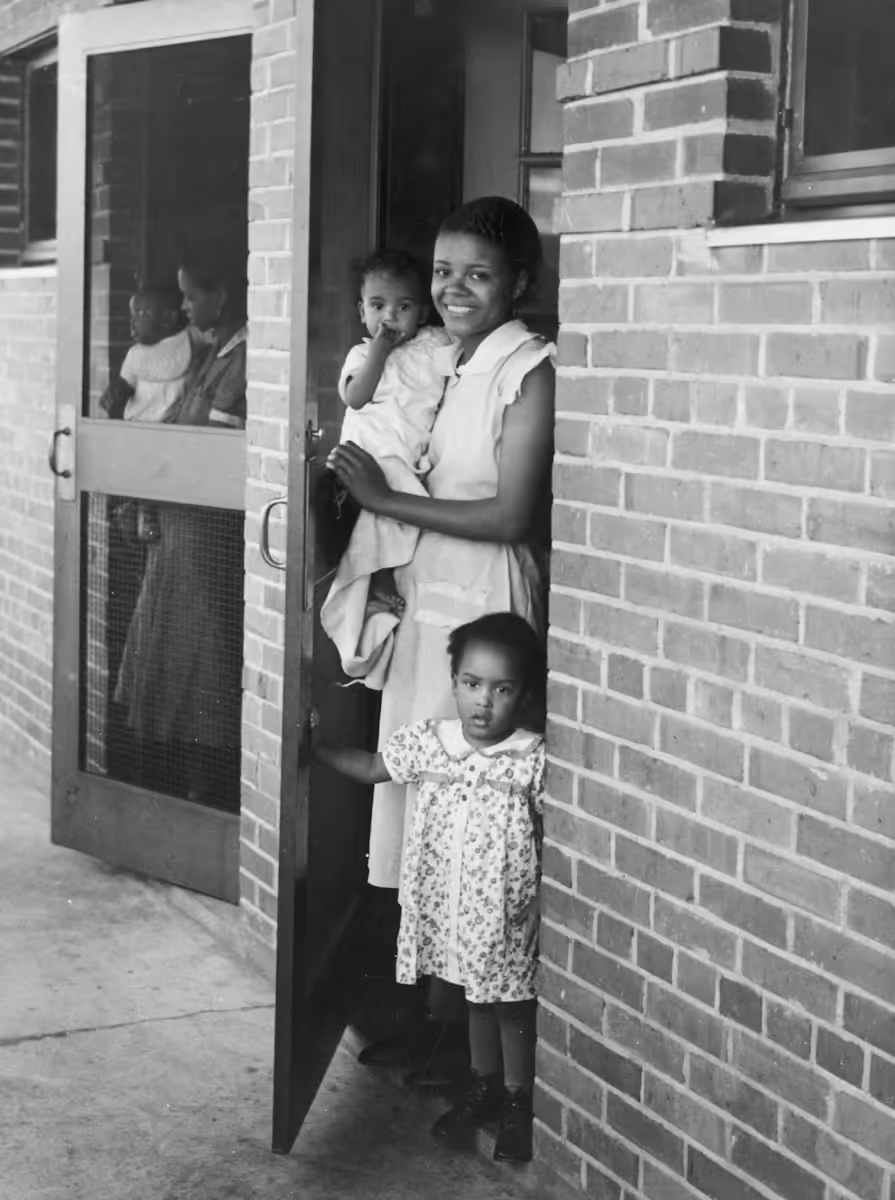
Tracing African American ancestry is a unique journey filled with challenges, particularly due to the historical context of slavery and subsequent institutional racism. Before 1865, African Americans were often recorded as property, leading to gaps in historical records. Even after emancipation, systemic racism resulted in further documentation issues. Despite these obstacles, modern technology and increased access to historical records have made it possible to piece together family histories. This article will guide you through various strategies and resources to overcome these challenges and how to trace African American ancestry.
Key Takeaways: How to Trace African American Ancestry
- Understanding the historical context of slavery and racism is crucial for learning how to trace African American ancestry.
- Modern technology and online databases have made it easier to access historical records.
- Oral histories and family traditions are invaluable resources in genealogical research.
- DNA testing can provide significant insights and connections in African American genealogy.
- Engaging with genealogy communities and forums can offer support and valuable information about how to trace African American ancestry.
Pre-Emancipation Era: Tracing Enslaved African American Ancestors
Tracing African American ancestry during the pre-emancipation era can be quite challenging, but it’s not impossible. With a bit of determination and the right strategies, you can uncover the hidden stories of your enslaved ancestors. Let’s dive into some effective methods to get you started.
Strategies for Researching Ancestors during the Slavery Period
Researching ancestors from the slavery period requires a thoughtful approach. Start by gathering any oral histories passed down through generations. These stories can provide valuable clues about names, locations, and family connections. Family Bibles and memorabilia often contain handwritten notes that can be essential in your search.
Utilizing Plantation Records, Slave Schedules, and Other Historical Documents
Plantation records, slave schedules, and other historical documents are gold mines for information. The U.S. federal census included slave schedules before the Civil War, listing enslaved individuals by age, sex, and color. While these records don’t include names, they refer to individuals by the slaveholder’s name. By examining the slaveholder’s census records, you can infer potential enslaved ancestors based on age and gender.
Plantation owners sometimes kept detailed records, noting the names, ages, and family relationships of their enslaved labor force. Wills and probate records can also be useful, as they sometimes mention enslaved individuals by name and indicate familial relationships. Don’t forget to check church and baptismal records, which may contain vital information about your ancestors.
Tips for Identifying Slaveholders and Potential Familial Connections
Identifying slaveholders can provide crucial clues about how to trace African American ancestry. Here are some tips:
- Analyze Last Names: Enslaved individuals sometimes took on the last names of their slaveholders. This can help you identify previous owners and potential familial connections.
- Neighboring Patterns: Look at the neighboring patterns of slaveholders in census records. Enslaved individuals from adjacent properties or families with the same surname may have had interconnected lives.
- Collaborate with Other Researchers: Engage with genealogy forums and online communities to connect with other researchers who may have information on shared ancestors or geographical connections.
- DNA Testing for Slave Descendants: DNA testing, especially Y-DNA and mitochondrial DNA testing, can reveal connections to other individuals with shared ancestry and potentially identify common slaveholder ancestors.
Tracing enslaved ancestors is a journey that requires sensitivity, empathy, and a commitment to preserving the legacies of those who endured unimaginable hardships. By employing a combination of research methods, historical records, and DNA testing, researchers can illuminate the lives of their pre-emancipation African American ancestors, honoring their resilience and fortitude in the face of adversity.
How to Trace African American Ancestry in the Post-Emancipation Era: Reconstruction and Beyond
 Photo by Library of Congress on Unsplash
Photo by Library of Congress on Unsplash
Researching African American Ancestors after the Abolition of Slavery
After the abolition of slavery, African Americans faced the challenge of rebuilding their lives. This period is crucial for genealogy research as it shows the resilience and achievements of African American communities. Start by exploring emancipation records like manumission papers and freedom certificates. These documents often contain valuable details such as names, ages, and sometimes the names of former slaveholders.
Another important resource is the Freedmen’s Bureau records. These documents provide insights into the efforts made to assist newly freed African Americans in obtaining education, employment, and other vital services. Additionally, voter registration records from the Reconstruction era can reveal crucial details about your ancestors’ whereabouts and political involvement.
Navigating through Reconstruction-Era Records and Challenges
Post-emancipation census records are essential for tracking African American families. In these records, you may find individuals with newfound surnames or different living arrangements. Land and property records are also valuable as they can provide information about land ownership and community development.
School and educational records from this period can offer insights into your ancestors’ pursuit of education and opportunities for advancement. These records are a testament to the determination of African American communities to build a better future.
Tracing Migration Patterns and Urban Settlements of African American Communities
The Great Migration, which occurred between 1916 and 1970, saw millions of African Americans move from the rural South to urban areas in the North and West. Tracing these migration patterns can help identify family movements and connections across different regions.
City directories and address books can provide a glimpse into the lives of those who relocated to urban areas, including their professions and social networks. Church and community records are also valuable as African American churches served as central institutions during this era. These records can offer information about family relationships and community ties.
Employment records and industry histories can shed light on your ancestors’ occupations and economic contributions during the post-emancipation era.
How to Trace African American Ancestry With Oral Histories and Family Traditions
Leveraging Oral Histories and Family Traditions in Genealogical Research
Oral histories and family traditions are priceless treasures passed down through generations. These stories connect us to our ancestors, offering a bridge to the past that written records alone can’t provide. When researching African American ancestors, oral histories are crucial for preserving a rich tapestry of stories and experiences often left out of mainstream historical records.
The beauty of oral histories is that they breathe life into the names and dates found in documents, filling them with the emotions, struggles, and triumphs of real people. These personal accounts give us a fuller picture of our ancestors, shedding light on their cultural practices, family relationships, and the impact they had on their communities.
How to Trace African American Ancestry: Conducting Interviews with Older Family Members and Gathering Valuable Insights
Start your genealogical journey by having meaningful conversations with older family members. They are often the keepers of family traditions and oral histories, holding the keys to ancestral knowledge passed down through generations. Here are some tips to get started:
- Create a Safe and Comfortable Environment: Approach interviews with sensitivity and respect, creating a safe space for older family members to share their stories. Acknowledge that some topics might evoke strong emotions, and be prepared to listen with empathy.
- Prepare Thoughtful Questions: Craft a list of open-ended questions that encourage storytelling and allow for a deeper understanding of your family’s African American ancestry. Inquire about ancestral names, places of origin, migration patterns, family occupations, and any notable events or traditions.
- Record and Document the Interviews: Record interviews, either audio or video, to capture the essence of the storytelling process. Take notes of key details and record timestamps to revisit specific parts later during transcription.
- Respect Cultural Sensitivities: Understand that certain aspects of family history might be considered private or sacred in some cultures. Be respectful of cultural sensitivities and only share information with appropriate consent.
How to Trace African American Ancestry: Documenting and Preserving Oral Histories for Future Generations
Preserving oral histories is an essential responsibility for genealogists. These stories connect generations and ensure that the voices of our ancestors continue to resonate with future family members.
- Transcribe and Annotate: Transcribe the recorded interviews and add annotations to clarify context, identify individuals mentioned, and provide historical background. This transcription process not only facilitates easier reading but also ensures the preservation of details for future reference.
- Create a Family Tree or Timeline: Incorporate the information gathered from oral histories into your family tree or timeline, helping visualize connections between ancestors and their historical context.
- Digitize and Store Securely: Save digital copies of the transcribed interviews, photographs, and any relevant documents in secure storage to protect them from physical deterioration or loss.
- Share with Family Members: Share the transcribed oral histories with other family members, fostering a sense of unity and pride in their shared heritage. This can be done through family reunions, social media groups, or a dedicated family website.
- Collaborate with Oral History Projects: Consider contributing oral histories to local historical societies, libraries, or community projects dedicated to preserving African American heritage. Collaboration ensures that these stories reach a broader audience and contribute to the collective understanding of history.
By embracing oral histories and family traditions, you honor the voices of your ancestors and provide future generations with a more profound appreciation of their roots. The preservation of these narratives ensures that the struggles, triumphs, and resilience of African American ancestors will remain vibrant and enduring for generations to come.
How to Trace African American Ancestry: Exploring Online and Offline Archives
Accessing Online Databases and Resources Specific to African American Genealogy
The internet has made it easier than ever to dig into your family history. There are many online databases and resources tailored specifically for African American genealogy. These resources have opened up new possibilities for researchers, making it simpler to uncover the hidden stories of African American ancestors.
- Websites for Learning How to Trace African American Ancestry: Sites like AfriGeneas, African American Genealogy Group, and the African American Griots Project offer extensive databases, forums, and research tools dedicated to African American genealogy.
- Ancestry.com and FamilySearch.org: Both of these platforms provide a wealth of digitized records, including census data, military records, and vital records, relevant to African American genealogy research.
- Slavery Era Insurance Registry: This database contains information on enslaved individuals insured by slaveholders before the Civil War. It can help identify enslaved ancestors and their slaveholders.
- How to Trace African American Ancestry With Newspapers: Digitized newspapers like the “Atlanta Daily World” and the “Chicago Defender” offer valuable information about historical events, local communities, and individual achievements.
How to Trace African American Ancestry: Utilizing Historical Newspapers, Church Records, and Other Offline Archives
While online resources are fantastic, offline archives are still crucial for thorough African American genealogical research. Historical newspapers, church records, and other physical repositories offer unique insights into the lives of African American ancestors.
- Historical Newspapers: Visit local libraries, historical societies, and archives to access physical copies of historical African American newspapers. These papers often contain obituaries, marriage announcements, and community news relevant to your research.
- Church Records: African American churches have played a central role in preserving community history. Church records, including baptismal, marriage, and burial registers, may hold essential details about your ancestors’ lives.
- Plantation Records and Manuscripts: Some plantation records, journals, and manuscripts have survived and can be found in local, state, or university archives. These documents may contain valuable information about enslaved individuals and their experiences.
- City Directories and Yearbooks: These can help trace the movements and activities of African American families in urban areas, offering glimpses into their social and professional lives.
Understanding the Importance of African American Historical Societies and Repositories
African American historical societies and repositories are the keepers of our collective heritage, preserving vital records and artifacts that might otherwise be lost to time. These institutions play a key role in safeguarding African American history and promoting genealogical research.
- Schomburg Center for Research in Black Culture: Located in New York City, this renowned repository houses a vast collection of books, manuscripts, and photographs related to African American history.
- National Museum of African American History and Culture: Part of the Smithsonian Institution, this museum in Washington, D.C., showcases artifacts and exhibits that celebrate the African American experience.
- Local Historical Societies: Many communities have local historical societies with archives that focus on African American history. These societies often collect oral histories, photographs, and documents specific to the region.
- Family History Centers: Operated by The Church of Jesus Christ of Latter-day Saints (LDS), these centers offer free access to genealogical records, including some relevant to African American ancestry.
By using both online and offline resources, you can get a full picture of your African American heritage. This helps preserve African American history and gives you a deeper understanding of your family’s place in the larger story of America.
How to Trace African American Ancestry With DNA Testing: A Modern Tool for Genealogy
Understanding Different Types of DNA Tests
Diving into the world of DNA testing can be super exciting! There are a few different types of tests you can take, each offering unique insights into your ancestry. The three main types are autosomal DNA, Y-DNA, and mitochondrial DNA (mtDNA). Autosomal DNA tests are the most common and can help you find relatives across all your family lines. Y-DNA tests trace the direct male line, while mtDNA tests follow the direct female line. Knowing which test to take is the first step in uncovering your heritage.
Connecting with Genetic Matches
Once you have your DNA results, the fun part begins—connecting with genetic matches! Most DNA testing services provide a list of people who share segments of DNA with you. These matches can range from close family members to distant cousins. Reaching out to these matches can help you piece together your family tree and discover new relatives. It’s like being an ancestry investigator, uncovering hidden connections and stories.
Interpreting DNA Results in the Context of African American Ancestry
Interpreting DNA results can be a bit tricky, especially for African American ancestry. Due to the history of slavery and migration, the genetic landscape can be complex. However, DNA testing can still provide valuable clues. Look for patterns in your matches and consider historical contexts. For example, if you have many matches from a specific region, it might indicate a common ancestor from that area. Remember, DNA is just one piece of the puzzle, but it can be a powerful tool in your genealogical research.
DNA testing has revolutionized the way we approach genealogy, offering new avenues to explore our roots and connect with our past.
How to Trace African American Ancestry With Community Engagement and Collaboration
Joining African American Genealogy Groups and Societies to Help Learn How to Trace African American Ancestry
One of the best ways to dive into African American genealogy is by joining specialized groups and societies. These organizations offer a wealth of knowledge and resources. Plus, you’ll meet people who share your passion for uncovering family histories. Connecting with others can provide new insights and strategies you might not have considered.
How to Trace African American Ancestry: Participating in Genealogy Forums and Online Communities
Online forums and communities are fantastic places to ask questions, share discoveries, and get advice. Websites like Ancestry.com and FamilySearch have dedicated sections for African American genealogy. Don’t underestimate the power of a simple forum post; sometimes, a small tip can break down a big brick wall in your research.
Collaborating with Other Researchers to Share Information: Learn How to Trace African American Ancestry
Collaboration is key when it comes to learning how to trace African American ancestry. By working with other researchers, you can pool resources and knowledge. This is especially useful when dealing with complex family histories. Whether it’s through local meetups or online platforms, sharing information can lead to breakthroughs you wouldn’t achieve alone.
Engaging with the community not only enriches your research but also helps preserve the collective history of African American families. By sharing our stories, we ensure that the legacy of our ancestors endures for future generations.
How to Trace African American Ancestry: Analyzing Historical Context and Its Impact
Understanding the historical context of African American history is crucial when tracing your ancestry. The legacy of slavery and the fight for civil rights have deeply influenced the African American experience. By exploring these historical events, you can gain valuable insights into your ancestors’ lives and the challenges they faced.
How to Trace African American Ancestry: Creative Research Strategies
When it comes to tracing African American ancestry, sometimes you have to get a bit creative. Here are some strategies that can help you think outside the box and uncover those hidden gems in your family history.
Thinking Outside the Box: Non-Traditional Sources for Learning How to Trace African American Ancestry
Don’t just stick to the usual records. Explore non-traditional sources like local histories, community records, and even old family Bibles. These can sometimes hold the key to unlocking your past.
Utilizing Local and State Archives: How to Trace African American Ancestry
Local and state archives can be treasure troves of information. They often have records that aren’t available online. Make sure to check out these resources, especially if you’re hitting a dead end with more common sources.
Employing Creative Problem-Solving Techniques for African American Ancestry
Sometimes, you need to get a bit crafty. If you’re stuck, try looking at the problem from a different angle. For example, if you can’t find your ancestor in census records, maybe they were listed under a different name or spelling. Think creatively and don’t be afraid to try new approaches.
How to Trace African American Ancestry: Preserving and Sharing Your Findings
Creating a Comprehensive African American Family History
When you’ve gathered all your research, it’s time to put it together into a comprehensive family history. This isn’t just about names and dates; it’s about telling the story of your ancestors. Transcribing their records can help restore their place within your family’s history. Include photos, documents, and any interesting stories you’ve uncovered. This will make your family history more engaging and meaningful.
Sharing Your Research with Family and Community: How to Trace African American Ancestry
Don’t keep your findings to yourself! Share them with your family and community. You can do this through family reunions, social media groups, or even a dedicated family website. Sharing your research fosters a sense of unity and pride in your shared heritage. Plus, you might find other family members who have pieces of the puzzle you didn’t know about.
Ensuring the Legacy of Your African American Ancestors Endures
It’s important to make sure your hard work doesn’t get lost. Digitize your documents and store them securely. This protects them from physical deterioration or loss. You can also contribute your findings to local historical societies or community projects. This way, your ancestors’ stories will reach a broader audience and contribute to the collective understanding of history.
By preserving and sharing your findings, you honor the voices of your ancestors and provide future generations with a deeper appreciation of their roots. The preservation of these narratives ensures that the struggles, triumphs, and resilience of African American ancestors will remain vibrant and enduring for generations to come.
How to Trace African American Ancestry: Overcoming Common Genealogical Roadblocks
Genealogy can be a thrilling journey, but it often comes with its fair share of roadblocks. When tracing African American ancestry, these challenges can be even more pronounced due to historical and systemic issues. Let’s dive into some common roadblocks and how to overcome them.
How to Trace African American Ancestry: Conclusion

Tracing African American ancestry is like piecing together a giant, intricate puzzle. Despite the unique challenges, such as gaps in historical records and the impact of slavery, the journey is incredibly rewarding. Modern technology, online databases, and DNA testing have made it easier than ever to uncover the rich histories of African American families. By combining these tools with traditional methods and oral histories, you can reveal the strength, resilience, and contributions of your ancestors. Remember, every piece of information you find adds to the beautiful tapestry of your family history. So, keep digging, stay curious, and enjoy the adventure of discovering your roots!
How to Trace African American Ancestry: Frequently Asked Questions
What are the challenges of tracing African American ancestry?
Tracing African American ancestry can be hard because of slavery and the lack of records. Before 1865, many African Americans were considered property, not citizens. This makes it tough to find names and family connections.
What resources are available for African American genealogical research?
There are many resources, like online databases (Ancestry.com, FamilySearch.org), historical newspapers, church records, and archives. DNA testing is also helpful for finding genetic matches.
How can I trace my African American ancestors who were enslaved?
You can start by looking at oral histories and family stories. Plantation records, slave schedules, and historical documents can also help. Identifying the slaveholders can provide more clues.
What is the significance of the 1870 Census in African American genealogy?
The 1870 Census is important because it was the first to list African Americans by name. This can help you find family members who were previously enslaved.
How can oral histories help in my African American ancestry research?
Oral histories can provide valuable information that isn’t in written records. Talking to older family members can give you insights into names, places, and events that are part of your family history.
What types of DNA tests are useful for African American genealogy?
Autosomal DNA tests, Y-DNA tests, and mitochondrial DNA tests can all be useful. They can help you find distant relatives and ancestral origins.
How can I overcome roadblocks in my African American genealogical research?
If you hit a roadblock, or your aren’t sure how to trace African American ancestry, try looking at different types of records or talking to other researchers. Joining genealogy groups and forums can also provide new insights and information.
How do I preserve and share my African American genealogical findings?
You can create a family history book or digital archive. Sharing your research with family members and online communities can help preserve your findings for future generations.


